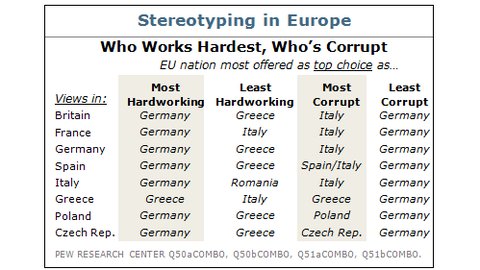This time is different.
As President Obama considers potential successors to the current Fed chairman, Ben S. Bernanke, a debate about the merits of the chief contenders has exploded into public view, with supporters of Janet Yellen, the Fed’s vice-chairwoman, seeking to mobilize support in her favor and against her chief rival, Lawrence H. Summers, formerly the president’s chief economic policy adviser.
The White House sought to lower the temperature on Friday by putting out word that the president was unlikely to announce a choice before the autumn. But a combination of circumstances seems likely to fuel continuing debate.
Mr. Summers, 58, is a provocative figure among key Democratic constituencies. He was a chief architect of financial deregulation during the Clinton administration and later resigned the presidency of Harvard University after making remarks about women that set off a storm of controversy. Ms. Yellen, 66, would become the first woman to lead the Fed, or indeed any major central bank.
Beneath those political currents, there are also indications that Mr. Summers, now a professor at Harvard, and Ms. Yellen disagree about the central issue confronting the central bank: how much longer and how much harder to push for economic growth.
Ms. Yellen is an architect of the Fed’s efforts to reduce unemployment while Mr. Summers and some of his key supporters have said the Fed’s latest round of bond-buying is doing little good and may even be doing considerable harm.
A group of mostly liberal Senate Democrats, including Richard Durbin of Illinois, the No. 2 leader, and Patty Murray of Washington, another member of the leadership, signed a letter to Mr. Obama this week calling for Ms. Yellen’s nomination in part because of her commitment to seek faster job growth. It is highly unusual for a group of senators to publicly endorse a specific candidate for such a high-level position.
“Janet Yellen has impressed a lot of us in the Senate with her experience and her focus on getting workers back on the job,” said Ms. Murray, the Senate budget committee chairwoman. “She would certainly be a great and historic choice.”
The letter did not mention Mr. Summers, and it is not clear how many of those senators would oppose his nomination. The White House declined to comment, but officials said at least some of those senators had indicated they would ultimately support Mr. Obama’s choice.
“The key here isn’t that people would vote against Summers, rather it’s that at a time when every confirmation can be long and painful, hers would be smooth — at least on the Democratic side,” said one senior Democratic aide.
Republicans cautioned that Ms. Yellen might struggle to win their support.
“We do hope that the president will nominate someone to the Fed that will exercise modesty in regard to what they feel the central bank’s role is,” said Senator Bob Corker, a Tennessee Republican. “I’d like to see someone who is not dovish. Someone who is more towards the center as it relates to monetary policy.”
Mr. Summers questioned the benefits of the Fed’s efforts to stimulate the economy in a 2012 paper written with Brad DeLong, an economics professor at the University of California, Berkeley. The paper, presented at a Brookings Institution conference, also noted potential costs including, “distortions in the composition of investment, impacts on the health of the financial sector, and impacts on the distribution of income, and the historically clear tendency of low-interest rate environments to give rise to asset market bubbles.”
He made similar remarks at a private investment conference in April, according to a summary obtained by The Financial Times, declaring that the Fed’s bond purchasing “in my view is less efficacious for the real economy than most people suppose.”
Robert Rubin, the former Treasury secretary who has served as a mentor to Mr. Summers in his political career and is among those pressing for his nomination as Fed chairman, criticized the Fed’s policies even more sharply on a panel at the Aspen Institute last month. His remarks suggested that the challenge confronting the next leader of the Federal Reserve was not to direct an attack, but instead to manage a retreat.

Annie Lowrey, Jeremy W. Peters and Michael D. Shear contributed reporting.
Article source: http://www.nytimes.com/2013/07/27/business/economy/quiet-rivalry-over-the-next-fed-leader-comes-out-of-the-shadows.html?partner=rss&emc=rss



